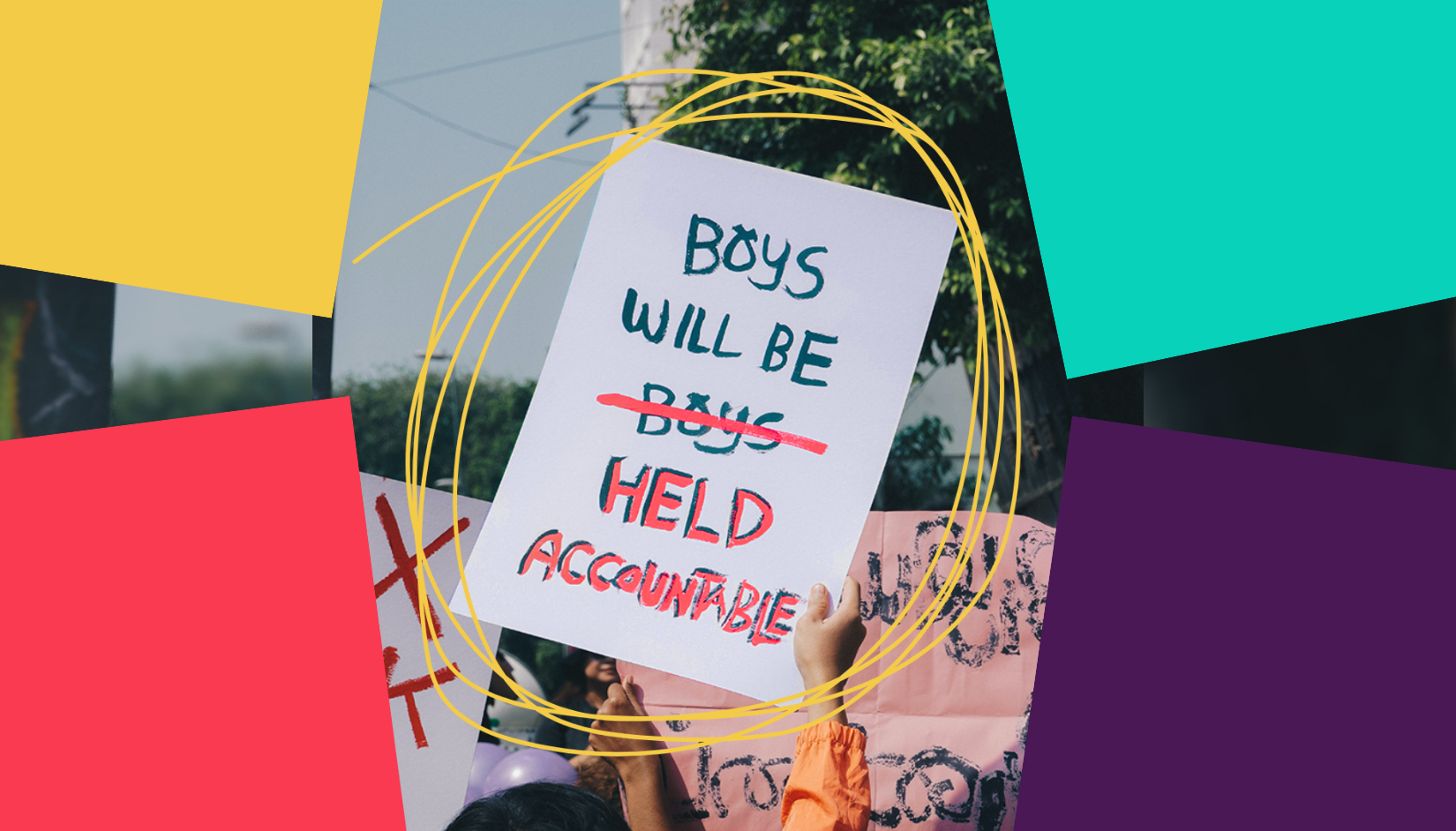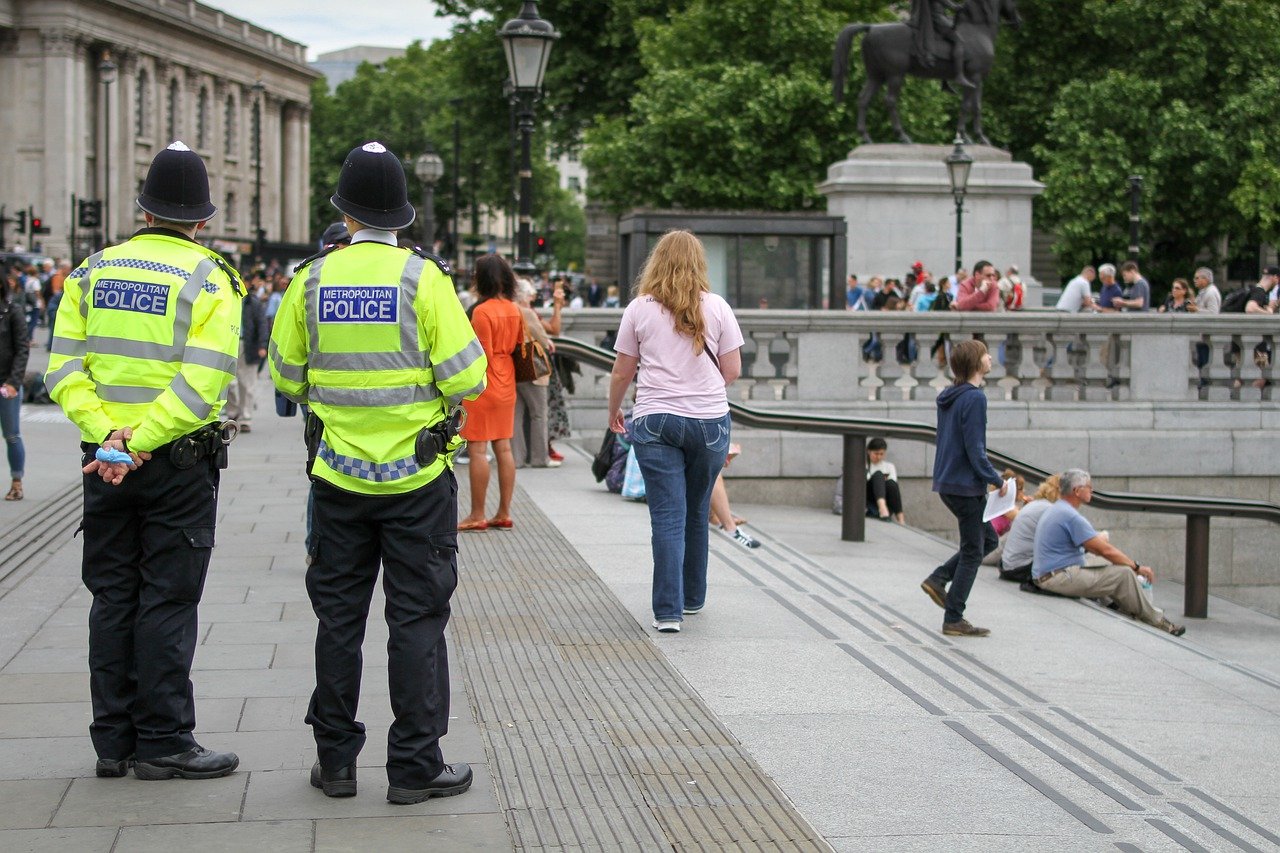 25 Nov
25 Nov
The report confirmed what women’s organisations have been saying for some time, that there is a systemic failure to meet the state’s duty to safeguard a highly vulnerable section of the population. Critically, the police are failing to use four key protective measures: bail, non-molestation orders, Domestic Violence Protection Notices (DVPNs) and Domestic Violence Protection Orders (DVPOs) and restraining orders.
The report shows that, following the widely criticised introduction of changes to pre-charge bail legislation in April 2017, there has been a dramatic fall in the use of bail in rape, domestic abuse and harassment and stalking cases, and a corresponding increase in use of ‘released under investigation’. Bail can be of vital importance for women – it can create a sense of reassurance, signal clearly to the perpetrator that the issue is being taken seriously and can assist victims in accessing housing and specialist support.
Similarly, non-molestation orders (NMO) – a civil remedy that is important to give survivors sense of safety and wellbeing – are being rendered ineffective by failures to take breaches seriously. Breaching an NMO is a criminal offence, however while the use of NMOs have been increasing, together with reports of their breaches – the actual number of offenders sentenced for breaching NMOs has been decreasing since 2014.
The report also finds that DVPNs and DVPOs are underused, and still being issued in only a small proportion of domestic abuse cases. The report recognises that their inconsistent use has the potential to cause harm.
The report highlights that a reduction in the number of restraining orders granted from 2016 to 2018, corresponds with a fall in domestic abuse prosecutions; meaning that restraining orders are not being applied for by the CPS in circumstances where they could protect women.
Rebecca Hitchen, Head of Policy and Campaigns at the EVAW Coalition, says:
“This report, coming several years after the super complaint was made by the Centre for Women’s Justice, confirms widespread police failings to use the tools at their disposal to protect women and girls.
“It is clear from these findings that urgent change is needed in how the police protect women and girls from violence. While the government proudly lauds its Domestic Abuse Act, in the real world, women are demonstrably less protected than ever. The report contains a raft of recommendations, to add to the long list issued in the rape review and earlier inspections. What we need now is actual implementation of the changes needed, to show that our criminal justice agencies are willing to put their money where their mouth is when it comes to women and girls’ safety.
“These findings reflect a long history of violence against women and girls not being taken seriously, and underscore just how far there is to go to meet duties to survivors and protect those at risk of violence.
“While the report cites the Domestic Abuse Act as being a vehicle for change, we have continually raised concerns about the legislation and its ability to improve responses for all women, particularly the most marginalised such as migrant women who are completely excluded from protection and support.
“If the government is serious about tackling violence against women and girls, we need transparent data so that we can hold accountable the institutions with duties to protect us. Violence against women and girls profoundly affects lives and how it is dealt with matters – there needs to be effective monitoring, data collection and disaggregation for us to be able to measure change and identify failings.”
The Centre for Women’s Justice has worked determinedly to draw attention to these failings by amassing considerable evidence in support of this super complaint. We saw similar efforts with an earlier super complaint brought by Southall Black Sisters and Liberty on the treatment of victims with insecure immigration status and the passing of information about them to the Home Office for immigration enforcement. Specialist organisations provide an essential and valuable challenge to our government and state institutions, but these bodies must be doing their own work, with their own leadership to improve. The wellbeing of women and girls is too important to rely on super complaints and legal challenges to address failings.
ENDS
Media information
Spokespeople available for interview.
EVAW media line: 07960 744 502 Email: admin@evaw.org.uk
Recommended ARTICLES
 25 Nov
25 Nov
 15 Nov
15 Nov
 12 Nov
12 Nov

